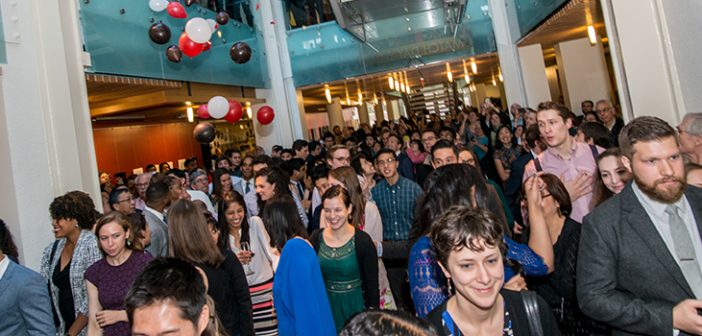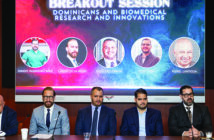Data, Solutions needed
After students file their applications electronically, programs invite their preferred students for interviews. Here Gruppuso and Adashi could find no national data, but a survey of fourth-year Warren Alpert medical students suggests that the number of interviews has scaled up with the number of applications. That means they’re on the road for substantial chunks of time throughout their fourth year, making it difficult for them to participate in the curriculum.
Meanwhile, the financial burden of traveling to many interviews around the country may significantly disadvantage students of low socioeconomic status, though that also has never been formally studied. Furthermore, as overwhelmed graduate medical education (GME) programs sort through huge volumes of applications, they may rely more on test scores and less on more qualitative indicators of candidate suitability.
“Should this occur, it could have a detrimental effect on the ability of GME programs to achieve diversity by reducing the selection of students from disadvantaged educational backgrounds who may be at risk for underperformance on standardized examinations,” Gruppuso and Adashi wrote.
More than anything, the authors call for more data so that medical educators can prove or disprove the “more is better” hypothesis that students appear to have accepted as normal. It may be that dozens of applications are truly necessary—or students may be routinely going far past the point of diminishing returns.
Gruppuso and Adashi also propose a few steps that medical education organizations could take to treat what they call “Residency Placement Fever,” including coordinating interview timing so that educators can plan a meaningful curriculum for the fourth year; reducing or capping the number of interviews students can accept; and interviewing applicants online before inviting them to meet in person, to reduce time and travel costs. “There ought to be some thought given to this and some data collected,” Gruppuso says. “There are no easy solutions.”




